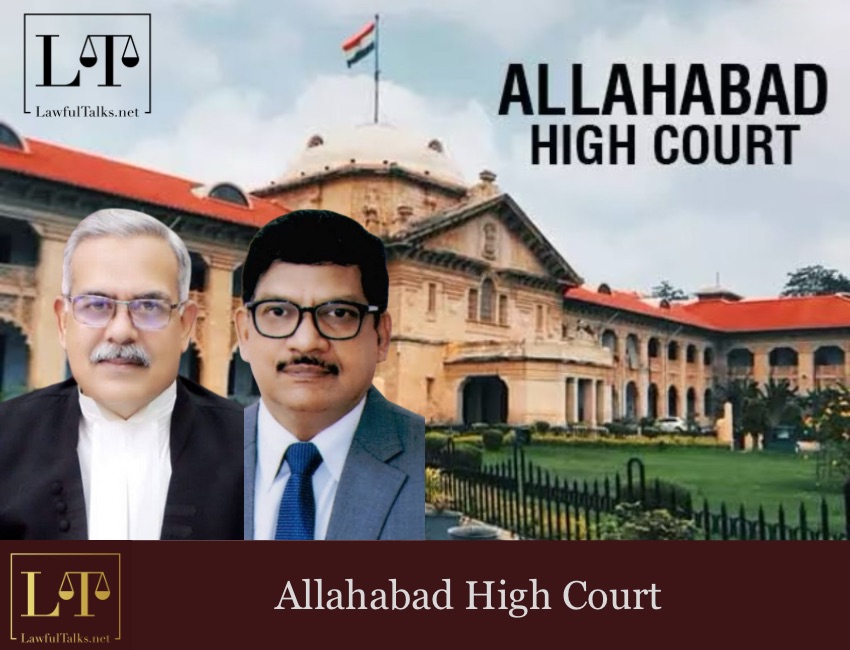Allahabad HC Sets Aside Afzal Ansari's Conviction, Allows Him to Continue as MP

"The Courts cannot entertain anticipatory bail application in cases where the State amendment prohibits it."
The Division Bench of the Allahabad High Court recently observed that Anticipatory Bail Applications cannot be entertained in cases in Uttar Pradesh where the offence is punishable by death.

The bench of Justice Vivek Chaudhary and Justice Narendra Kumar Johari said:
“The State amendment explicitly prohibits anticipatory bail for offences punishable by death sentence. The statutory bar is absolute. It is not for the Courts to rewrite the law or create exceptions to a legislative mandate that is unequivocal. While the Courts are the guardians of individual liberties, they are also bound to uphold the rule of law and respect the boundaries set by the legislature.”
The Court was hearing a Criminal Miscellaneous Bail Application in which a single judge referred for consideration the question of “Whether Section 438 (6) (b) Cr.P.C., as it applies to the State of U.P., puts an absolute bar against applicability of Section 438 Cr.P.C to offences, in which death sentence can be awarded or the aforesaid bar would apply only where the Court comes to a conclusion after examining the facts of the case, that the case warrants imposition of the death sentence.”
The court after considering the special facts and circumstances of the said matter held that:
“when the words of a statute are clear and unambiguous, Courts must give effect to the legislative intent/literal interpretation. In this context, the wording of the State amendments leaves no room for judicial discretion in granting anticipatory bail for offences punishable by death sentence. The prohibition is absolute and does not allow for exceptions based on the nature of the offence or the facts of the case.”
The High Court made a special mention of the case of Sachidananda Banerjee, Assistant Collector of Customs, Calcutta vs. Sitaram Agarwala and another, 1965 SCC OnLine SC 45, wherein the Supreme Court has held that:
“The second rule of construction equally well settled is that a court cannot construe a section of a statute with reference to that of another unless the latter is in pari materia with the former. It follows that decisions made on a provision of a different statute in India or elsewhere will be of no relevance unless the two statutes are in pari materia. Any deviation from this rule will destroy the fundamental principle of construction, namely, the duty of a court is to ascertain the expressed intention of the legislature.”
In addition, the court said that:
“Any perceived hardship or injustice that may arise from the strict application of the statutory bar is a matter for the legislature to address through amendment. It is not for the Courts to fill perceived gaps in the law by exercising discretion contrary to the express provisions of the statute.”
In light of the clear and unequivocal wording of Section 438 of the Cr.P.C., which prohibits the filing of anticipatory bail application in cases where the offence is punishable by death sentence, The court opined that “no judicial discretion can be exercised to entertain anticipatory bail application in the cases where the state amendment prohibits it.”
Thus, the answer to the question referred to the bench was made accordingly, and the matter was directed to be placed before the Single Judge, who will further decide the matter following the observations made by this court.
Case title: Jitendra Pratap Singh v. State of U.P., Cri. M.A./144/2024
Counsel for Applicant: Advocate Murli Manohar Srivastava
Counsel for Respondent: Advocate Sumit Kumar Srivastava
(For more updates, tap to join us on Whatsapp, Facebook, Instagram and LinkedIn)





























































































































































































































































































































































































































































































































































































































































































































































